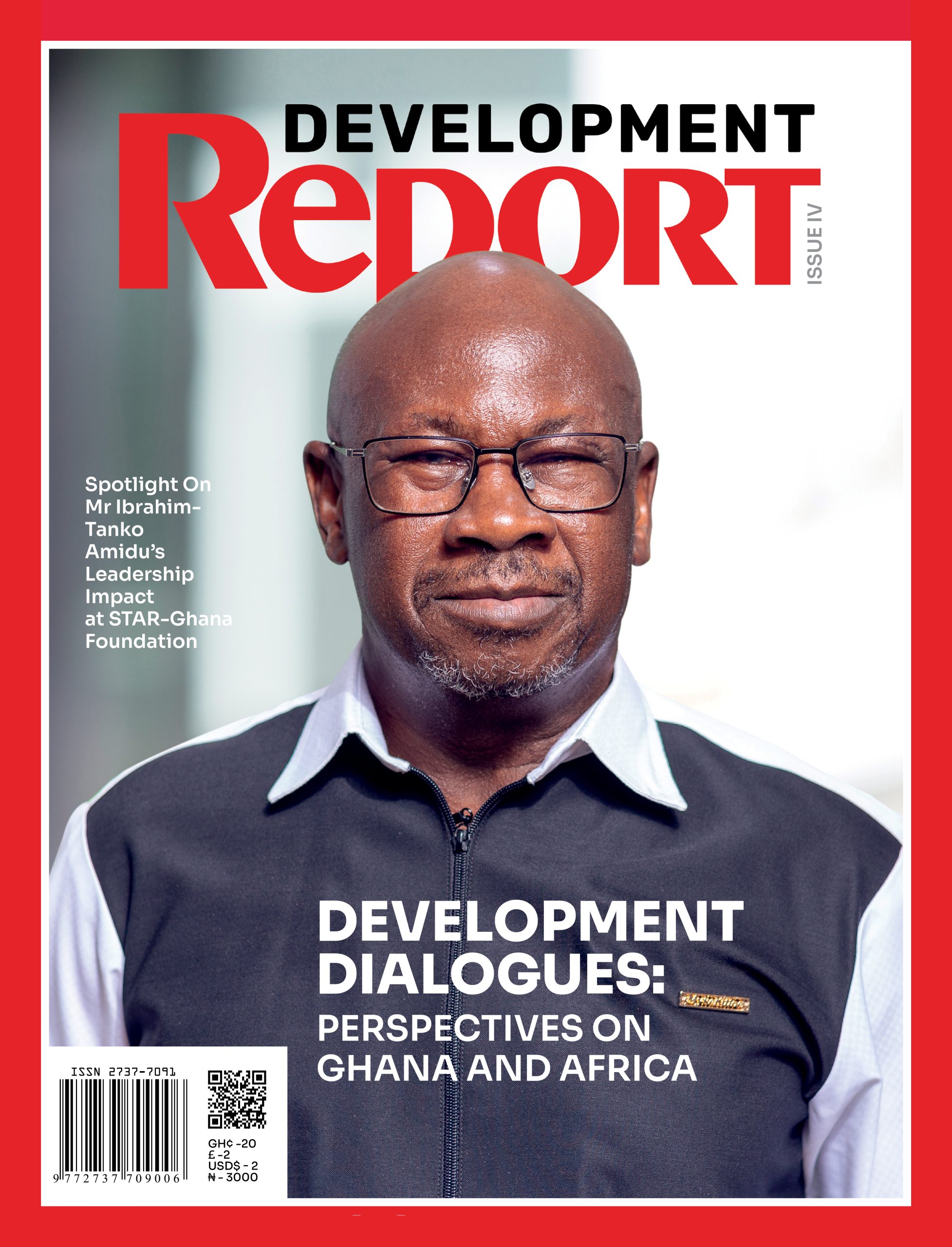Since the Rural Sector Policy Reform in 2017, the Community Water and Sanitation Agency (CWSA) has been developing human resource capital, building and leveraging technological advancement towards meeting water quality and non-revenue water situations such as illegal connections to water systems, pipe bursts, and domestic waste.
According to Dr. Worlanyo Kwadjo Siabi, Chief Executive Officer of the CWSA, non-revenue water adds up to the high cost of water in Ghana, contributing about 50% loss in our water supply system. He laments, “If you are producing water and losing 50%, then, you are wasting resources”. In dealing with these and many other challenges that bedevil their service delivery, he stated, the agency has embarked on research in collaboration with the Kwame Nkrumah University of Science and Technology (KNUST) to develop technology to deal with water safety management and non-revenue water.
Currently, membrane technology is under development for the removal of iron, manganese, arsenic, and florid as well as the application of robots to detect illegal connections under this collaboration. These robots he explained will be sent along the pipelines to pick nodes that have been created yet can’t be identified in their system and send their GPS locations to their network for the necessary action.
Furthermore, the agency has also designed a new standpipe system called the “Smart Tap” where one does not need the presence of a vendor to be served water. He states; “you just upload how much you want to spend in a month, you go there anytime and then you get your water in any quantity that you want and you are gone.” Again, pre-paid meter technology has been deployed for households to buy units of water and use for a specific period. These he believes can assist consumers knowing how much they are spending, deciding on reducing or increasing consumption, and as well assist the revenue collection of the agency.
Likewise, Dr. Siabi, mentioned that as a result of these technological reforms at the agency the downtime for their water treatment system has drastically been reduced, as a system which takes about 5 minutes to complete a water treatment system compared to the conventional system which takes about 2 hours before serving rural communities has been initiated.
He reposed emphasis that applications are being developed internally for payment systems and tariff management among others. In respect, the agency has commenced the engagement of “fresh graduates” from the universities with the skill set and technical capacity to bolster their human resource capacity.
He affirms that, with these “fresh graduates” who hitherto will be required of many years of experience by some organisations, the agency has been able to develop four applications in-house enhancing service delivery.
“Indeed, Ghanaian youths are capable when you motivate them, they have the capacity to do the things that you don’t even expect them to do”.
Dr. Worlanyo Siabi.
You can read more about these and many other reforms at the CWSA in the latest edition of the Development Report Magazine on the theme “Wealth Over Life” here.


